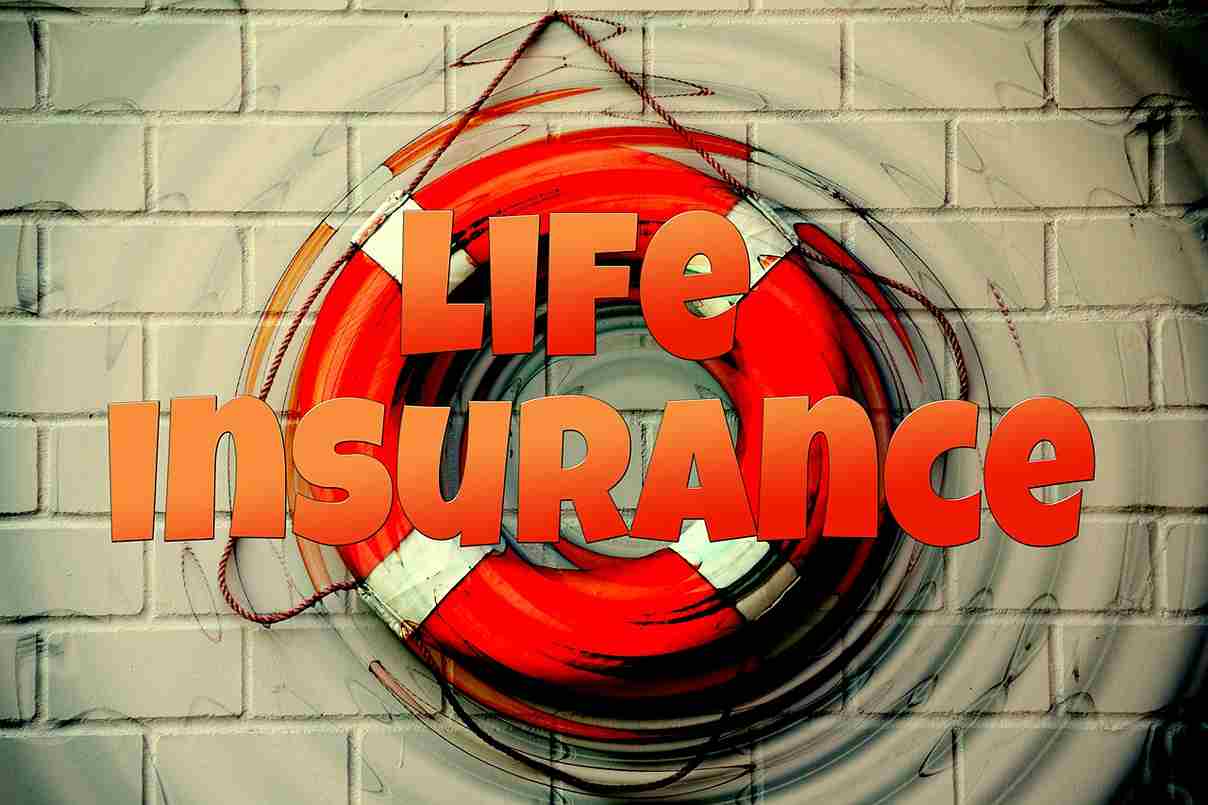
When it comes to buying life insurance, we’re usually faced with two options – whole or term life cover. Whole life insurance can be a great way to ensure your family is financially protected in the event of death. In this article, we’ll take a look at the pros and cons when it comes to buying this type of cover.
Table of Contents
As you might have already guessed, whole life insurance covers you for your entire life once you take out a policy. When you die a lump sum is paid out to your loved ones by your insurance provider.
Whole life cover is often known to insurers as life assurance – as a pay-out is assured no matter when you happen to pass away. It’s usually more expensive than other policy types as it provides permanent cover, unlike cheaper options such as term life insurance.
Once you take out cover, you start paying premiums to your insurer. These payments are usually made on either a monthly or annual basis. If you fail to make premium payments, your insurer may end your cover.
There are the main types of whole life cover:
Perhaps whole life insurance isn’t the right cover for you? This could be due to your budget or what you’re looking to cover, in which case you may be better suited to a term life policy.
Term life insurance is generally cheaper than whole life, however, it only provides temporary cover. When you take out a policy you and your insurer agree on the length of your policy – known as the policy term. Your policy will only payout if you die within this timeframe.
Term life insurance has 3 types of cover:
The amount of cover you buy usually depends on your family’s current financial situation. Before you take out cover, you should assess how your death could impact your family’s finances.
The pay-out from a whole life policy can be used to help your family with finances such as:
You may not want to spare any expense when it comes to protecting your family, however, it’s always a wise choice. Over-insuring could cost you money that may not be needed and instead, could be spent in better places. With this in mind only cover what is necessary and save some money to enjoy the present!
Why Proper Export Packing Matters Exporting fragile and valuable items requires careful planning. Incorrect packing…
Pallet racking plays a central role in how a warehouse functions day to day. The…
Owning commercial property represents a significant financial and operational commitment. Whether the asset is a…
Exploring island beaches, diving locations, or the energetic city life are all amazing experiences when…
Growth in the mortgage sector requires more than increased case volume. Advisers must balance commercial…
Acoustics are crucial in any space, whether it's an office, classroom, or home workspace. Poor…